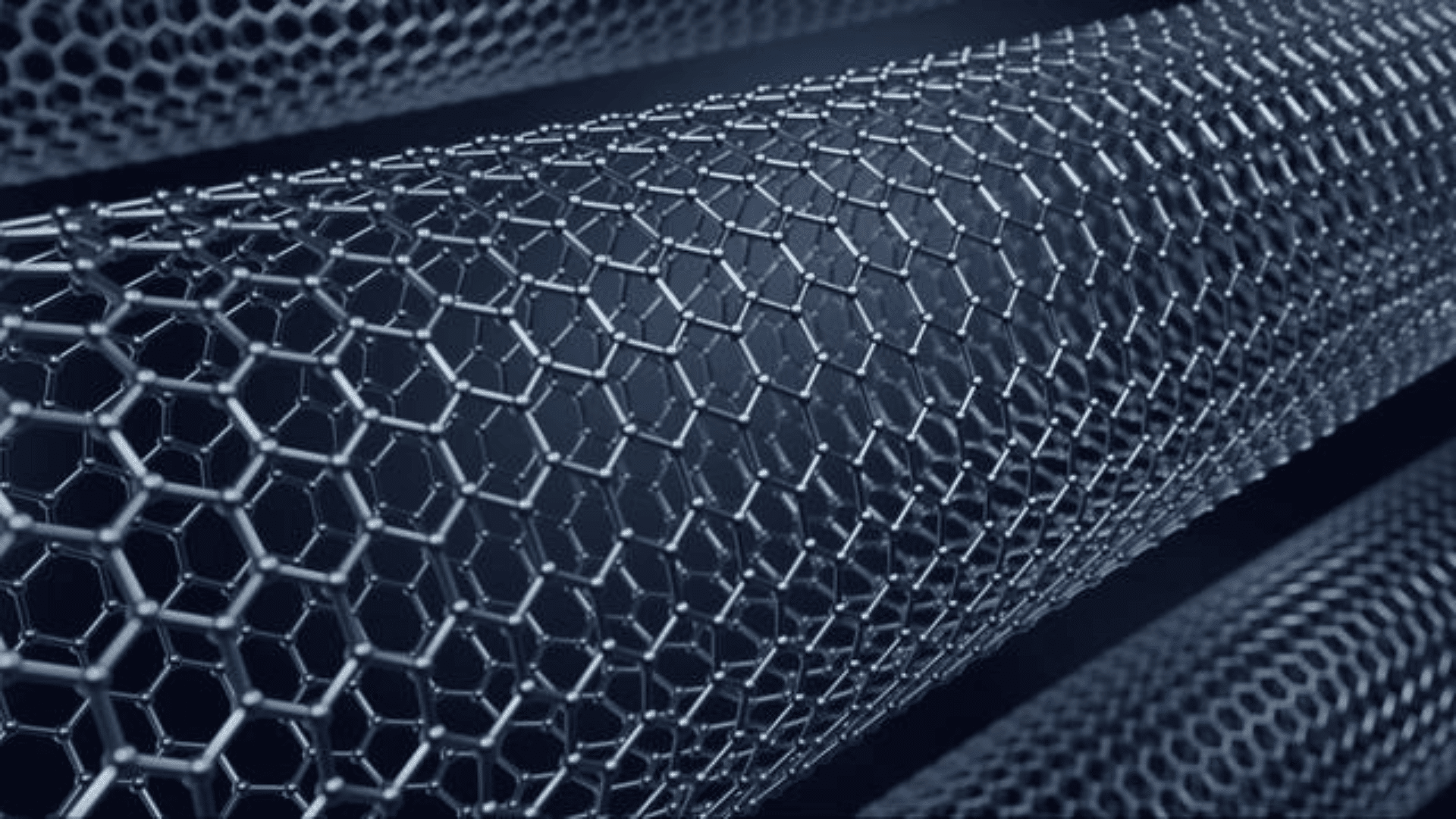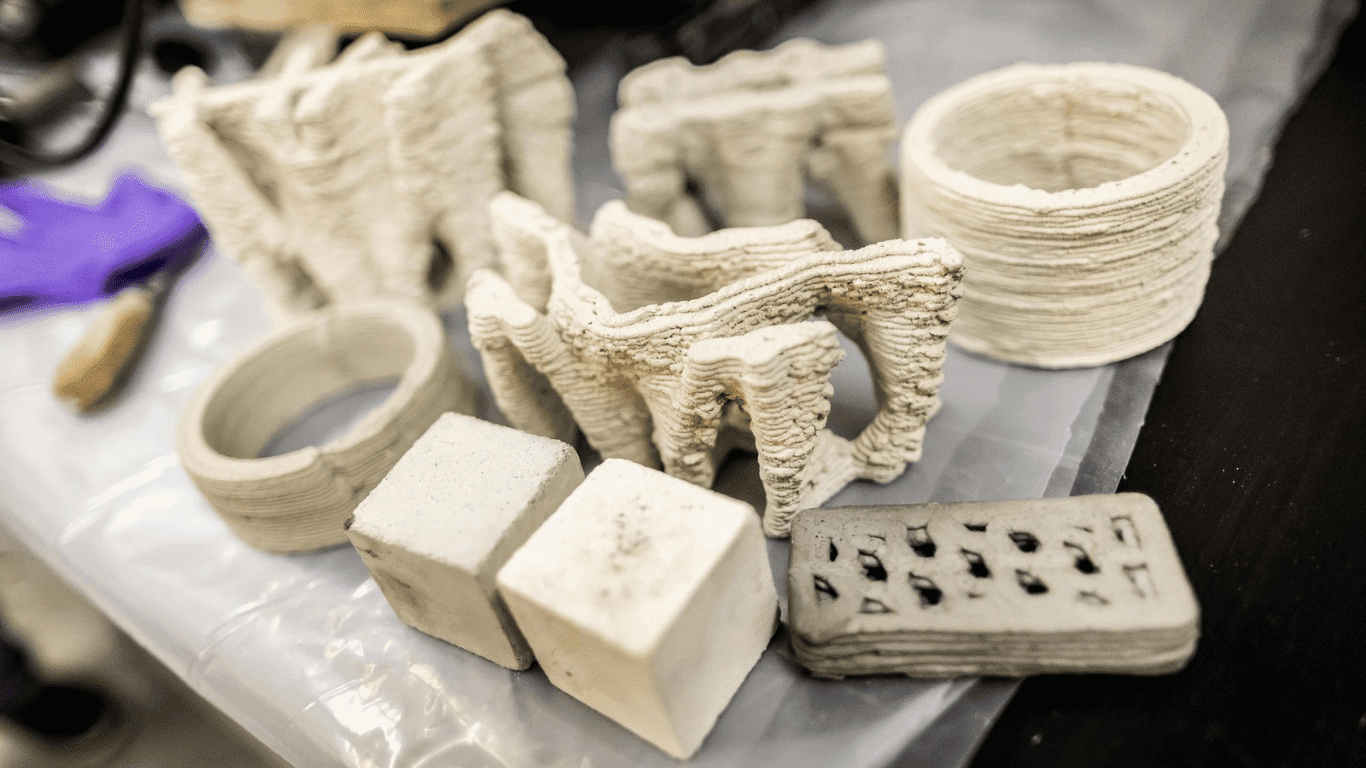Researchers from Japan and the US have recently demonstrated how twisted carbon nanotubes can store up to three times more energy than standard lithium-ion batteries.

Carbon nanotubes are nanometer-sized structures typically made out of a single layer of carbon atoms. Though the carbon sheets are lightweight, they’re actually stronger than steel.
Sanjeev Kumar Ujjain, a researcher at Japan’s Shinshu University, wanted to explore the possibility of whether carbon nanotubes could be used to store energy. When he moved from Japan to the University of Baltimore Country in 2022 to continue his research, he discovered that twisting carbon nanotubes helps improve their energy storage efficiency.
Prior to disposable batteries, mechanical coil springs were wound up with a key, stored mechanical energy into potential energy, and were released later to facilitate the movement of toys. Ujjain wanted to test whether this system would work on smaller scales, so he decided to work with nanoscaled carbon nanotubes.
The research team at the Center for Advanced Sensor Technology (CAST) worked with Ujjain to bundle commercially available carbon nanotubes into ropes. Then, they pulled and twisted them into a single threat and coated them with different substances to improve the strength and flexibility of the material.
Next, the team set out to determine how much energy would be released if the tropes were twisted and later unwound. To surmise this, the team conducted experiments that allowed them to compare the energy output to multiple materials.
These comparisons showed that carbon nanotubes could hold 15,000 times more energy than steel springs per mass unit, meaning the energy storage density is three times higher than the standard lithium-ion battery.
Additionally, the twisted carbon nanotubes showed more consistency in energy storage over a wide temperature range of -76 Fahrenheit to 212 °F than the lithium-ion batteries. The new technology is also safer for devices such as implants since its approach is mechanical rather than electrochemical.
The team is currently working on a prototype sensor that will allow them to test the twisted carbon nanotubes as an energy source.
“This research shows twisted carbon nanotubes have great potential for mechanical energy storage, and we are excited to share the news with the world,” Ujjain said in a statement.







